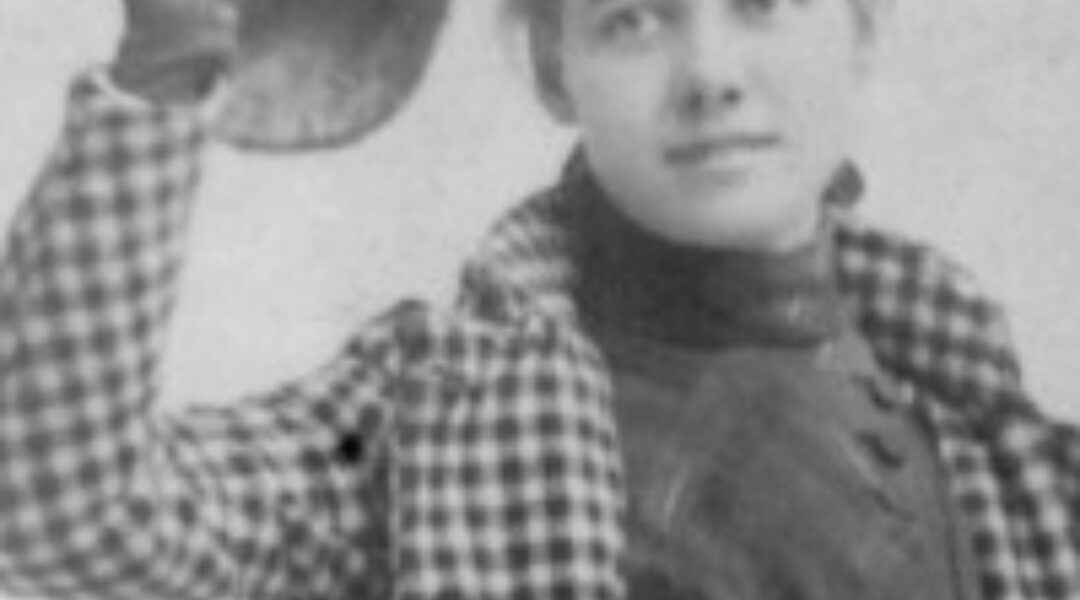She was born into two worlds that claimed her as neither.

In 1825, in the small town of Milford, New Hampshire, a child named Harriet E. Wilson came into the world — the daughter of a white mother and a Black father. Her birth was not celebrated. To many in that divided America, she was simply “our nig” — a cruel phrase that would later become the title of her most defiant act of survival.
When her mother died, Harriet was still a child — and childhood ended there. She was given away as an indentured servant to a white family, the Haywards. What should have been years of play and discovery became years of servitude, where she learned early that freedom could exist in name, yet not in practice. She was not a slave by law, but her life bore all its chains.
No one taught her to read out of kindness. She taught herself out of need. Words became her only inheritance — fragile tools she would one day wield like truth itself.
When Harriet grew older, she sought work as a seamstress and domestic servant. Her hands knew labor better than rest, her spirit worn thin by the world’s cold indifference. She married a man who claimed love but left behind only betrayal — abandoning her with a sick child and the crushing weight of poverty.
In those days, the North prided itself on being “free.” But Harriet knew the truth — that racism was not confined to plantations or cotton fields. It lived in kitchens, parlors, and the quiet cruelty of Northern households where Black women labored unseen.
In 1859, Harriet did something no one like her had ever done before.
She wrote.
Her book — Our Nig; or, Sketches from the Life of a Free Black — was a revolution bound in paper. It told the story of a biracial girl enduring servitude in the North, stripped of comfort, dignity, and childhood. It was not fiction as escape — it was truth disguised as narrative, an indictment of a nation that congratulated itself for abolishing slavery while still thriving on prejudice.
It was the first novel ever published by an African American woman in the United States.
Yet the world did not listen. The book sold poorly, its message buried beneath indifference. Harriet had written it in desperation, hoping the earnings might provide for her ailing son. He died before the book reached many hands. She was left with grief, and a manuscript that no one seemed to care about.
But Harriet was not one to surrender to silence.
After her son’s death, she moved to Boston and found purpose again — this time not in literature, but in service. She became a spiritualist and a reformer, offering healing, comfort, and strength to others who struggled. She continued to speak of justice, faith, and the unseen world — the one where love and truth endure even when people forget.
When she died in 1900, she was buried in an unmarked grave. No headstone, no obituary, no acknowledgment of what she had given to history. For decades, her name vanished from memory, her voice erased from the pages of American literature.
Until 1982.
That year, scholar Henry Louis Gates Jr. stumbled upon her forgotten work. In the brittle pages of Our Nig, he recognized something extraordinary — the missing cornerstone of a legacy. The first Black woman novelist in America. The first to write not just as a storyteller, but as a witness.
Through that rediscovery, Harriet Wilson’s voice rose again — soft, steady, and unbroken. The world that once ignored her now honors her as a pioneer, her words studied, celebrated, and taught as a vital part of the American canon.
Her story is not just about being first. It is about endurance — about a woman who lived through loss, cruelty, and obscurity yet still chose to leave something behind for the world to find.
Harriet Wilson never saw her words change lives. But they did — a century later, when her truth finally reached the light.
Because the world may forget a name, but it cannot bury the power of a voice that refuses to die.





